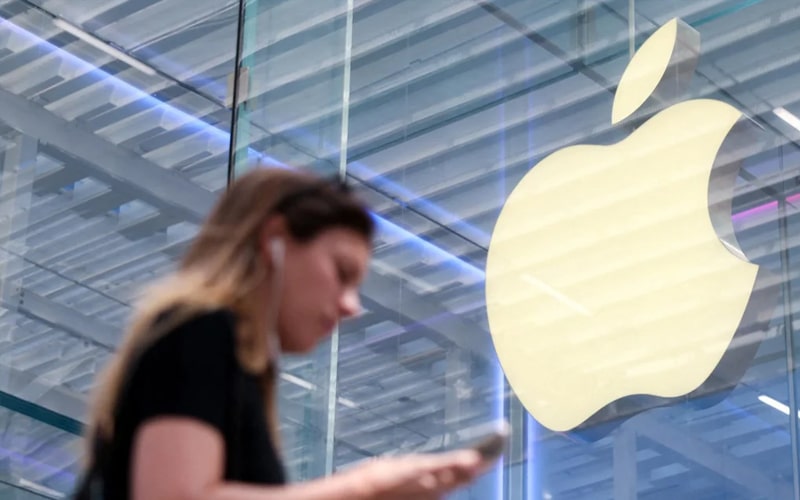Summary: Apple considers AI-powered search integration in Safari, per Bloomberg. Executive Eddy Cue testifies that Safari searches have dropped due to AI alternatives. Google pays Apple ~$20 billion annually to remain default search engine. Apple partners with OpenAI; Google seeks to embed Gemini in Apple devices. Alphabet shares fall 6% amid potential loss of default status in Safari. Apple Eyes AI-Powered Safari Search, Potentially Undermining Google Apple is reportedly exploring a major shift in how users search the web on its devices by integrating AI-based search engines into Safari, according to Bloomberg News. This move could pose a significant challenge to Google’s dominant position in the search market. The report emerged following testimony from Apple executive Eddy Cue in the ongoing U.S. Department of Justice antitrust case against Alphabet, Google’s parent company. Eddy Cue: "Users Are Turning to AI Instead of Google" Cue revealed that Safari search traffic dropped for the first time, attributing the decline to the growing popularity of AI-powered tools like ChatGPT and Perplexity AI. “I believe AI providers will eventually replace standard search engines,” Cue testified, indicating that Apple plans to offer AI search alternatives in Safari in the near future. Google’s $20 Billion Deal at Risk Currently, Google is the default search engine on Safari – a position for which it reportedly pays Apple nearly $20 billion annually, amounting to 36% of the revenue generated via Safari search ads. If Apple moves forward with adding AI search tools like ChatGPT and Perplexity as options or …
Farhan Malick
Farhan Malick
Topics:

Summary:
-
Apple considers AI-powered search integration in Safari, per Bloomberg.
-
Executive Eddy Cue testifies that Safari searches have dropped due to AI alternatives.
-
Google pays Apple ~$20 billion annually to remain default search engine.
-
Apple partners with OpenAI; Google seeks to embed Gemini in Apple devices.
-
Alphabet shares fall 6% amid potential loss of default status in Safari.
Apple Eyes AI-Powered Safari Search, Potentially Undermining Google
Apple is reportedly exploring a major shift in how users search the web on its devices by integrating AI-based search engines into Safari, according to Bloomberg News. This move could pose a significant challenge to Google’s dominant position in the search market.
The report emerged following testimony from Apple executive Eddy Cue in the ongoing U.S. Department of Justice antitrust case against Alphabet, Google’s parent company.
Eddy Cue: “Users Are Turning to AI Instead of Google”
Cue revealed that Safari search traffic dropped for the first time, attributing the decline to the growing popularity of AI-powered tools like ChatGPT and Perplexity AI.
“I believe AI providers will eventually replace standard search engines,” Cue testified, indicating that Apple plans to offer AI search alternatives in Safari in the near future.
Google’s $20 Billion Deal at Risk
Currently, Google is the default search engine on Safari – a position for which it reportedly pays Apple nearly $20 billion annually, amounting to 36% of the revenue generated via Safari search ads.
If Apple moves forward with adding AI search tools like ChatGPT and Perplexity as options or defaults, Google’s default position could be in jeopardy. This would be a major shake-up in the search market just as Google faces increased pressure from new AI competitors.
🔗 Apple reportedly already struck a deal with OpenAI to integrate ChatGPT into Siri
Meanwhile, Google is racing to secure a deal to embed its Gemini AI in Apple’s upcoming devices, aiming to maintain a foothold amid the AI race.
Market Reaction and Industry Impact
Following the news, Alphabet shares dropped by 6%, while Apple shares fell 2%. The U.S. Department of Justice, Apple, and Google all declined to comment on the developments.
If Apple makes AI search tools more accessible or default in Safari, it could significantly alter the global search engine market—and potentially redefine how millions of users find information on the web.
Subscribe to Our Newsletter
Keep in touch with our news & offers













